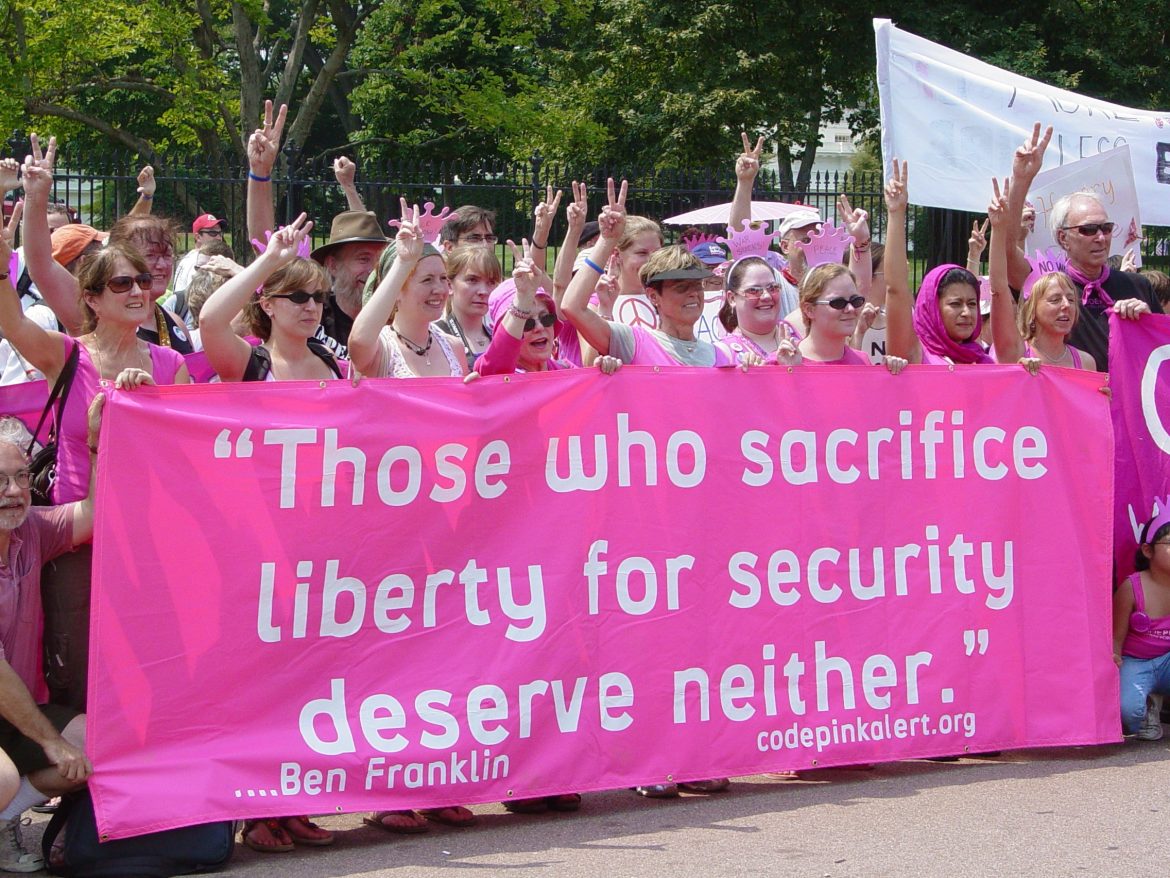Ronen Helmann, a Jewish resident of Los Angeles, has filed a lawsuit against Pro-Palestinian protesters following a contentious demonstration outside the Adas Torah synagogue in the Pico-Robertson neighborhood. The suit targets Code Pink, a feminist anti-war organization, and the Palestinian Youth Movement, which is known for opposing Zionism and advocating for a ceasefire in Gaza.
Helmann’s lawsuit alleges that the protesters deliberately targeted the Adas Torah synagogue last month, resulting in significant disruption, chaos, and violence. According to the suit, the demonstrators blocked the entrance to the synagogue, creating an environment of fear and preventing worshippers from entering the building. Helmann argues that this action violated his First Amendment right to freely practice his religion.
In his statement, Helmann emphasized the impact of the protest on the local Jewish community. “The actions of these groups have not only disrupted our religious services but have also instilled fear and anxiety among the congregants,” he said. “Everyone has the right to protest, but when it infringes on the rights of others to worship freely and safely, it crosses a line.”
The lawsuit comes amidst heightened tensions between pro-Palestinian and pro-Israel groups, particularly in urban areas with significant Jewish populations. Code Pink and the Palestinian Youth Movement have been vocal in their opposition to Israeli policies and actions in Gaza, often organizing protests to draw attention to their cause.
Representatives from Code Pink and the Palestinian Youth Movement have yet to respond to the lawsuit. However, both organizations have historically defended their right to peaceful protest and have accused critics of attempting to silence their activism.
This legal action is likely to escalate the already fraught discourse surrounding the Israel-Palestine conflict, especially in diverse communities where these issues resonate deeply. The case will test the balance between the right to protest and the right to religious freedom, potentially setting a precedent for how such conflicts are adjudicated in the future.
As the case proceeds, it will attract considerable attention from both supporters and opponents of the pro-Palestinian movement. The outcome could have significant implications for how protests are conducted near places of worship and the extent to which demonstrators can be held accountable for the disruptions they cause.
Image Source: https://en.wikipedia.org/wiki/Code_Pink



